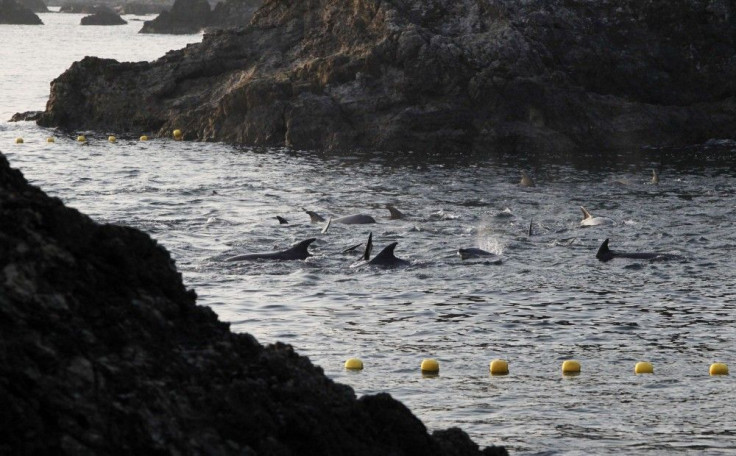New Zealanders Willing to Pay Tax for Maui Dolphin Protection

New Zealanders are willing to pay the government more tax to protect the country's endangered Maui and Hector dolphins. According to a report by the Whale and Dolphin Conservation (WDC), the world's biggest international cetacean conservation organisation, a large majority of Kiwis supported the conservation of the dolphins to the point that they were willing to pay for it.
Maui or the "hobbit dolphin" and the Hector's dolphins can only be found in New Zealand. Dolphin experts said the rare dolphins have "very slow breeding rates" making them vulnerable to external threats. The New Zealand dolphin population is in rapid decline due to destructive fishing methods like trawling and set netting.
The latest statistics reveal Maui dolphins are currently less than 50 in number and are predicted to be extinct in 15 years unless something is done to prevent it.
According to the survey, 80 per cent of Kiwis are willing to pay "extra" to allow non-destructive methods of fishing to be used.
Reports said the Greens has obtained documents under the Official Information Act containing details of the New Zealand government's plan to include more than 3,000 square kilometres of the country's West Coast North Island Marine Mammal Sanctuary.
Greens party co-leader Russel Norman said the International Whaling Commission (IWC) has been calling for greater protection of the dwindling population of Maui dolphins, but the government is putting them at "greater risk of extinction."
Previously, the commission has released a report about the poor management of plans to reverse the Maui dolphin's decline. The Maui dolphin, also called the "hobbit" dolphin, is regarded as the most endangered dolphin in the world. The endangered marine animals can only be found in New Zealand. Named after a Polynesian demigod, the dolphin has a maximum length of up to 1.7 metres.
When Maui dolphins stay outside the sanctuary, they are at risk of getting caught in fishing nets. Scientists said there are about 50 Maui dolphins left in North Island's shallow waters. Based on estimates, about three to four dolphins are killed by accident via fishing annually.





















